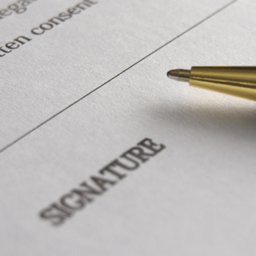by: Austin Shi
If not done correctly from the outset, registering a business in the Philippines can be a complicated and tedious process. That is why it is important for foreign companies to be 100% compliant from the very beginning, and to familiarize themselves with the procedures in setting up and registering a business in the Philippines. In order to successfully incorporate a business in the Philippines, a number of things must first be taken into consideration. The appropriate investment vehicle must be chosen, whether it is a fully-foreign owned branch office, a fully-foreign owned domestic corporation, a fully-foreign owned representative office, or a 60/40 subsidiary, and the business must be registered with the relevant government agencies, including the Philippines Securities and Exchange Commission (SEC), the Department of Trade and Industry (DTI), the Bureau of Internal Revenue (BIR), as well as with investment bodies like PEZA and BOI.
Registering your business with either PEZA or BOI enables your company to avail of special tax breaks and exemptions. In order to become eligible for these benefits, foreign companies must first comply with a list of government-issued requirements. The general procedure for registering your business is as follows. Steps vary according to the type of corporation being registered, but the general procedure is essentially the same:
Business Registration Process in the Philippines
- Determining the availability of a company name with the Philippines Securities and Exchange Commission (SEC)
- Reserving and registering a company name with the SEC
- Depositing a paid-up capital of not less than Php 5,000 to any Authorized Agent Bank (AAB)
- Obtaining the Certificate of Deposit from the Authorized Agent Bank (AAB)
- Notarizing the company’s articles of incorporation and treasurer’s affidavit
- Registering the company with the Philippines Securities and Exchange Commission (SEC).
- Obtaining a Community Tax Certificate from the City Treasurer’s Office (CTC).
- Obtaining a Barangay Clearance
- Obtaining a License to Operate at the Licensing Section of the City Mayor’s Office
- Registering for taxes at the Bureau of Internal Revenue (BIR)
- Registering the company’s Books of Account and for Authority to Print Official Receipts and Sales Invoices
- Registration with the Philippines Social Security System (SSS) and the Philippine Health Insurance Company (PhilHealth)
- Completing registration with the Philippines Home Development Mutual Fund (HDMF)
Says Business Consultant Gregory Kittelson of Philippines consulting firm Kittelson & Carpo Consulting, “Registering a business in the Philippines can be time consuming and problems somewhere along the line are common, especially if the company is not familiar with the process to begin with. That is why it’s advisable for most foreign companies setting up business in the Philippines to look for a company or individual who specializes in this procedure, and understands the concerns of a business, particularly foreign businesses to assist them in registration and ensure that the process is carried out and implemented on time.”








